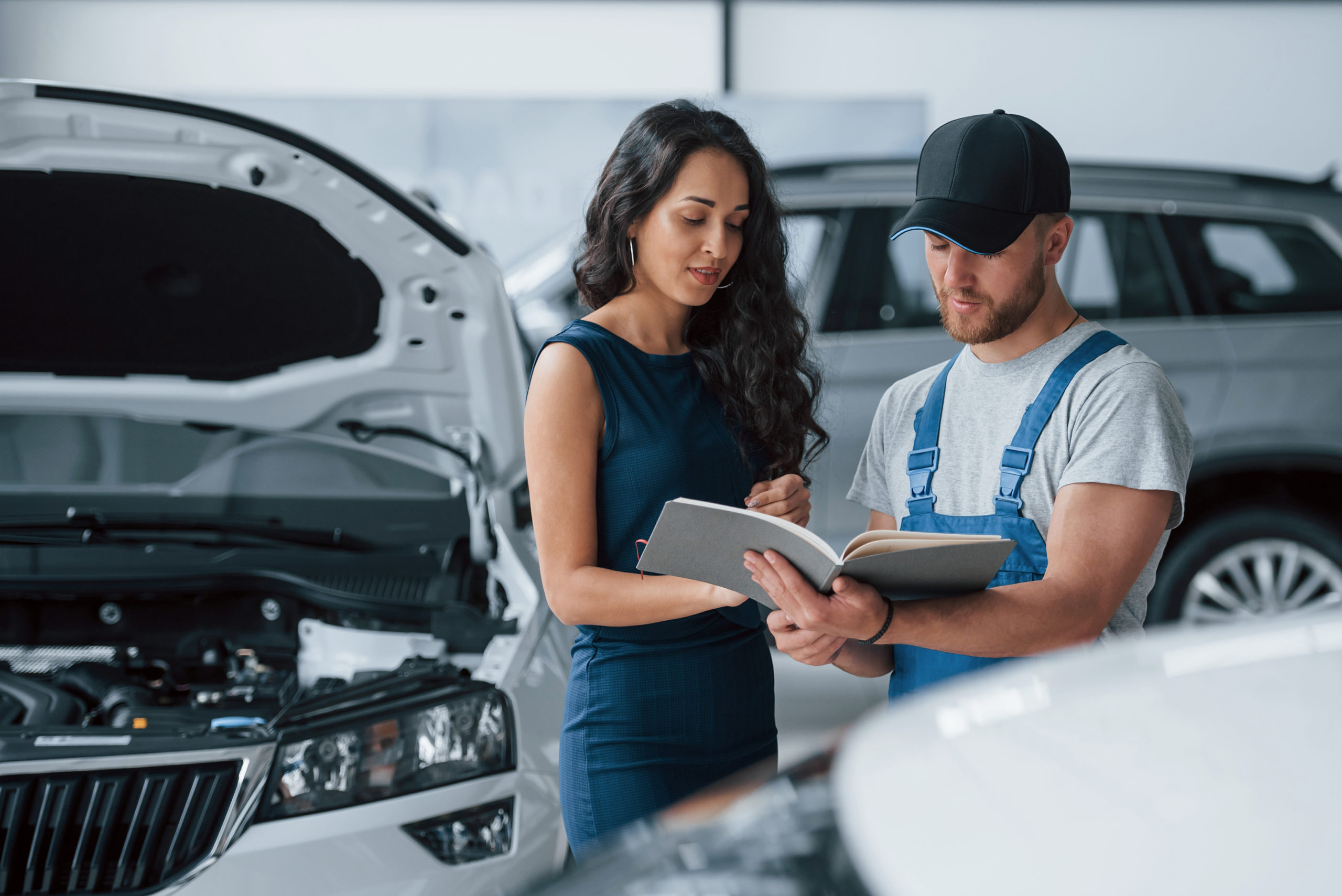5 Tips for Inspecting a Car After an Accident
Intruduction:
Car accidents can be unnerving and stressful experiences, but knowing what steps to take afterward can make a significant difference in ensuring your safety and managing repairs.
In this article, we’ll explore five essential tips for inspecting a car after an accident, ensuring that you’re prepared for the road to recovery.
Tip 1: Prioritize Safety First
The first and most crucial step after an accident is to prioritize safety. Ensure that everyone involved in the accident is safe and unharmed. If there are injuries, call for medical assistance immediately. If the accident is minor, move your vehicle to a safe location, away from traffic, to prevent further damage or accidents.
Tip 2: Document the Scene
Once everyone is safe, document the accident scene. Take photographs of the vehicles’ positions, any visible damage, and the surrounding area. Exchange contact and insurance information with the other parties involved. These records will be invaluable when dealing with insurance claims and repair assessments.
Tip 3: Assess Visible Damage
Inspect your vehicle for visible damage. Look for dents, scratches, or broken parts. Even seemingly minor damage can lead to significant issues if left unaddressed. Note down any damage you find, as it will help your insurance claim process.
Tip 4: Check Under the Hood
It’s essential to check under the hood for any damage to your car’s vital components. If your vehicle has been in a collision, there might be damage to the engine, radiator, or other critical systems. If you’re unsure about what to look for, it’s best to consult with a mechanic.
Tip 5: Don't Ignore the Interior
The interior of your car also needs inspection. Check for any deployed airbags, loose objects, or damage to the dashboard or seats. Even if there is no apparent damage, it’s a good idea to have your car thoroughly inspected by a professional.
The Importance of Post-Accident Inspection
Performing a post-accident inspection is vital for your safety and the well-being of your vehicle. Neglecting this step may lead to hidden issues surfacing later, causing more significant problems and costly repairs.
Common Types of Car Accidents
Understanding the type of accident you were involved in can also help assess the extent of damage. Whether it’s a rear-end collision, side impact, or a fender bender, each type may have different consequences for your car.
Does Car Insurance Cover Repairs?
Now, one of the most critical questions that arise after an accident is whether car insurance covers repairs. The answer depends on the type of insurance you have and the circumstances of the accident. Let’s delve into this topic to provide you with a clear understanding.
Types of Insurance That May Cover Repairs
Different types of car insurance can cover repairs after an accident. These include liability insurance, collision coverage, and comprehensive coverage. The extent of coverage varies, so it’s essential to know your policy details.
What to Do If Your Car Isn't Driveable
If your car is severely damaged and not driveable, your insurance may provide options for towing and rental vehicles. Understanding these provisions can help you navigate the situation more efficiently.
Understanding Your Insurance Policy
To avoid surprises when filing a claim, thoroughly read and understand your insurance policy. Knowing the terms and coverage limits will prevent misunderstandings during the claims process.
Finding a Reliable Auto Body Shop
When it comes to repairing your vehicle, choosing the right auto body shop is crucial. Look for certified and reputable shops with experienced technicians who can provide quality service.

Conclusion
Inspecting your car after an accident is a crucial step in ensuring your safety and getting your vehicle back on the road. Prioritizing safety, documenting the scene, and understanding your insurance coverage are all essential aspects of this process.
Don’t underestimate the importance of thorough inspection and responsible handling of the situation.
FAQs
1. Will my insurance cover all the repair costs?
The extent of coverage depends on your insurance policy. Review your policy details to understand the coverage limitations.
2. How long do I have to file an insurance claim after an accident?
It’s best to file a claim as soon as possible. Many insurance companies have specific timeframes for reporting accidents.
3. Can I choose any auto body shop for repairs, or does my insurance company have a preference?
Your insurance company may have a list of preferred auto body shops, but you generally have the freedom to choose where you want your car repaired.
4. What should I do if the other party involved in the accident doesn't have insurance?
In such cases, your insurance policy may come into play, depending on your coverage.
5. How can I avoid accidents in the future?
While accidents are sometimes unavoidable, defensive driving, regular vehicle maintenance, and staying focused on the road can help reduce the risk of accidents.
